Open space and nature hold a special place in the hearts of many residents. However, some potential changes could soon eliminate a lot of wildlife connected to Houston Park in Wallingford.
The plan would eliminate a trail leading to Houston Park and many trees and bushes. The trail starts on a little drive that leads to the Trinity Lutheran Church on Harvey Road and Pleasant Hill Drive.
The proposed plan is taking away too much. Other community voices also highlight the park’s value as a recreational space and a vital part of the neighborhood’s identity and environmental heritage.
According to a Board of Commissioners Meeting of Nether Providence Township, Gopala Pavrete has an agreement of sale with Trinity Lutheran Church to purchase part of their land, which includes forest and a trail leading to Houston Park. The agreement is contingent on the property being granted subdivision approval.
Pavrete would subdivide the land into three parts and use one to build a small personal care home. For the other two parts, they would build a house for each lot.
“One property closest to the church would be used for elder care for 12-16 individuals needing assistance. The other two subdivided pieces of property would be used for residential homes, which based on the individual’s conversations, he doesn’t intend to live in, but he would build these homes and then rent them out as a single-family home,” Pete Falk, a regular visitor of Houston Park and meeting attendee, said.
Due to its various recreational opportunities, Falk sees it as a valuable neighborhood asset.
“I run the trails by myself to work out. I take my kids there to hike, understand nature, see trees, plants, animals, birds, fox, and deer,” Falk said. “On weekends, we do participate in a lot of the stuff on the fields. So we use the fields up on the Houston Park proper area. We’re adjacent to the park, so it’s a short commute, obviously, but we use it pretty heavily.”
Mr. Kevin Haney, a teacher at Strath Haven High School and a regular visitor of the park, mirrors Falk’s beliefs, highlighting Houston Park’s role during the COVID-19 pandemic as a place of outdoor activity for his family.
“It was a chance for us to get out of the house when everyone was afraid to stretch our legs a little bit, and part of the reason I moved into this community,” Haney said. “There were a lot of variables involved in moving here. Houston Park was certainly one of them. For me, as a city boy, it’s a chance to go somewhere and breathe a little bit.”
Todd Eaton, another resident, emphasizes the environmental significance of Houston Park.
“Houston Park is a beautiful little gem of nature that’s packed right into the heart of Wallingford and all the residential areas that we have. I will either walk through my backyard into the adjacent property, or I’ll go into that little drive that leads back to the church,” Eaton said.
All three residents expressed concern about this project and how it would impact their Houston Park experience.
“I wouldn’t feel like my house is adjacent to the park anymore. I like that I can look out my back window and feel like there’s open space right next to my house,” Eaton said. “So that’s not physical access with my feet, but it’s access with my eyes. Then, I think there’s also a risk that if you start putting impermeable spaces (driveways, roofs, patios) there’s a real risk that you’re going to have negative consequences with the actual physical structure of the park.”
Falk finds walking children down Harvey Road challenging to access the park on weekends.
“The ease of access through the trailhead on Harvey Road and Pleasant Hill Drive allows us to get into the park quickly and easily without fighting traffic on Harvey Road,” he said. “Harvey Road on a Saturday morning when there are soccer activities at the field really becomes a pass-through, and people drive 45-50 miles an hour.”
Haney expresses concern about potential changes to the park, emphasizing its value as a green oasis in a suburban environment and its impact on his children’s development.
“I think for us, it [the change] would be more of a deterrent. I mean, we wouldn’t have the same experience. I get development is as natural as it is inevitable that it’s what happens. I see it in Philly. We see it in Swarthmore right now,” Haney said. “This change is going to alter not just the neighborhood but how I view the way my kids are supposed to grow up the way I envisioned them growing up.”
The Nether Providence Township released a 2018 report about open space in Delaware County. This report analyzed many parks and open spaces in Delco and decided that open spaces must be preserved or expanded.
The report included five goals it hoped to accomplish in the future.
“Goal 1: Protect the remaining open space, natural, cultural, and historical resources.
Goal 2: Improve and expand the existing parks and recreation facilities to be community destinations where residents can have fun, experience nature, socialize, and lead active, healthy lifestyles.
Goal 3: Connect the four municipalities through a system of trails, sidewalks, and paths.
Goal 4: Facilitate recreation opportunities to help the citizens engage in active, healthy living.
Goal 5: Provide operational excellence and financial sustainability that will garner widespread public support for parks, recreation, open space, and trails.”
The township also included in the report that people should consider buying parcels to expand parks and open spaces, which benefit nature, people, and animals in the area.
“In this community, where few undeveloped parcels remain, the community must consider acquiring developed parcels, demolishing or modifying existing structures, and changing land uses. Additionally, small additions to parks and open spaces through preservation of adjacent parcels can go a long way to improving access and expanding uses.”
The proposed plan to develop these constructions contradicts the report’s goals. Replacing nature with houses and all that comes with them only destroys the natural habitat and ruins visitors’ experience.
The voices from the community make a case for the preservation of open space in its current state. Their stories highlight the park’s value as a recreational space and a vital part of the neighborhood’s identity and environmental heritage.
As discussions continue, their perspectives serve as a reminder of the importance of thoughtful maintenance of green spaces for the benefit of current and future generations.
“If you go down to Middletown, Delaware, they have a bunch of new developments,” Eaton said. “There’s no trees there at all because there are new developments, and it’s like watching Edward Scissorhands. You know, there’s a community that people live in. There are no big trees anywhere. It just feels strange. I don’t want to live in a place like that.”




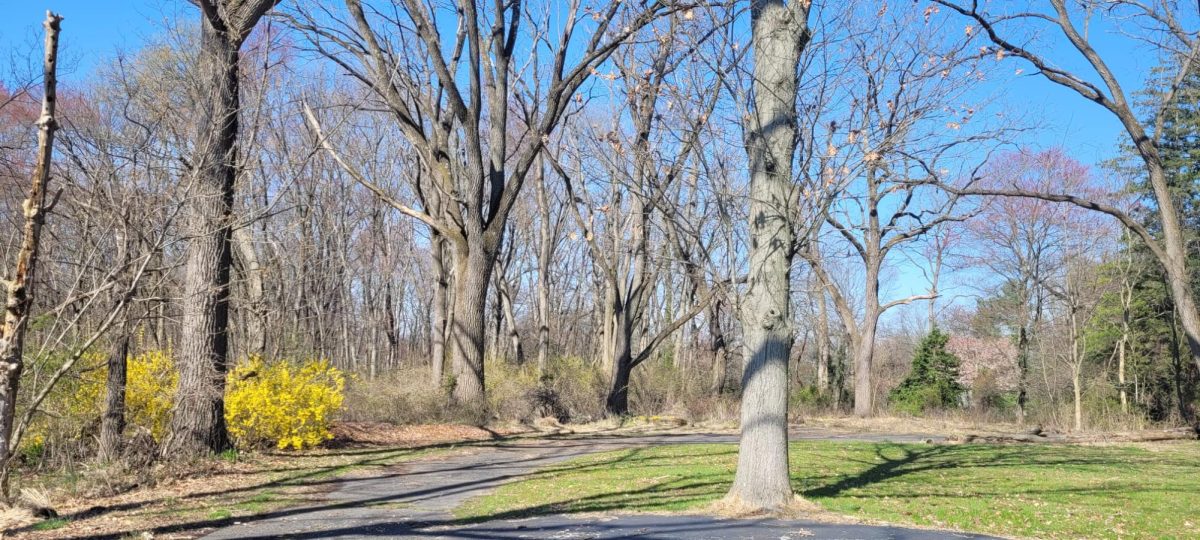
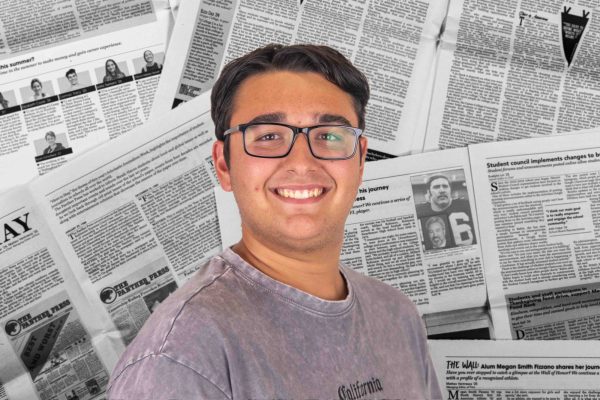
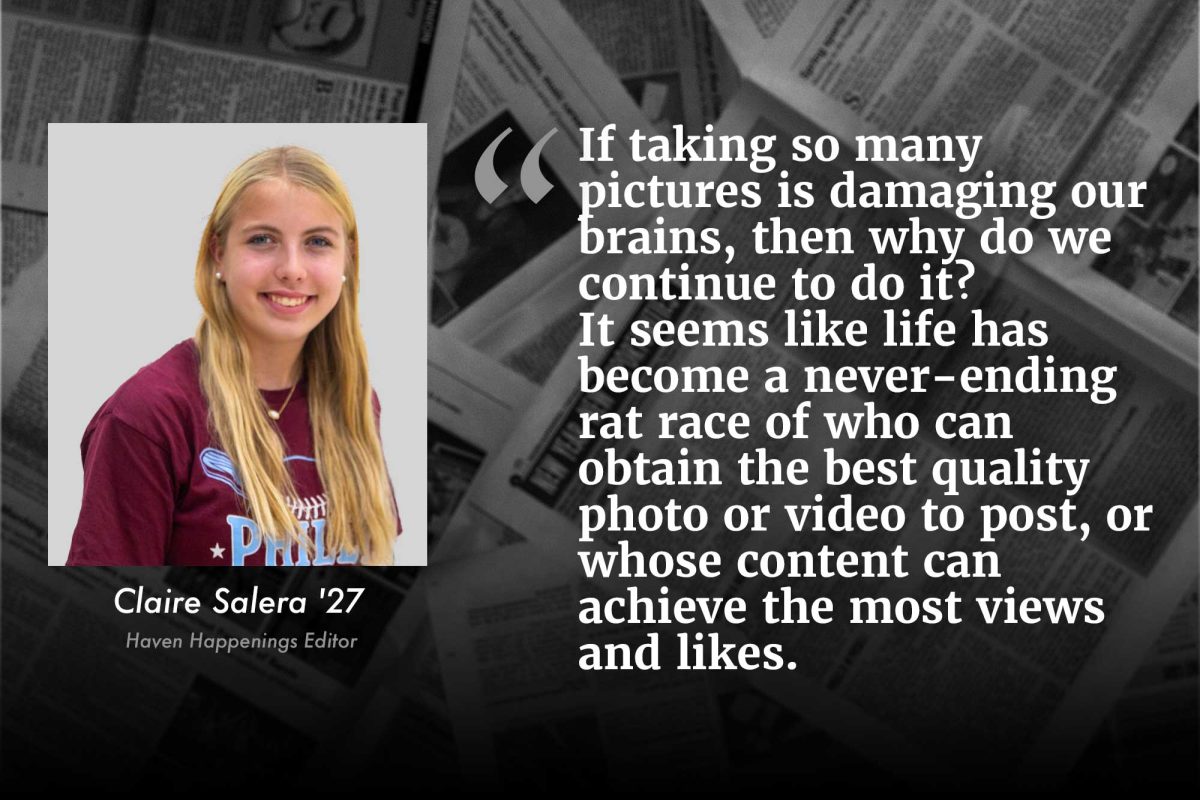
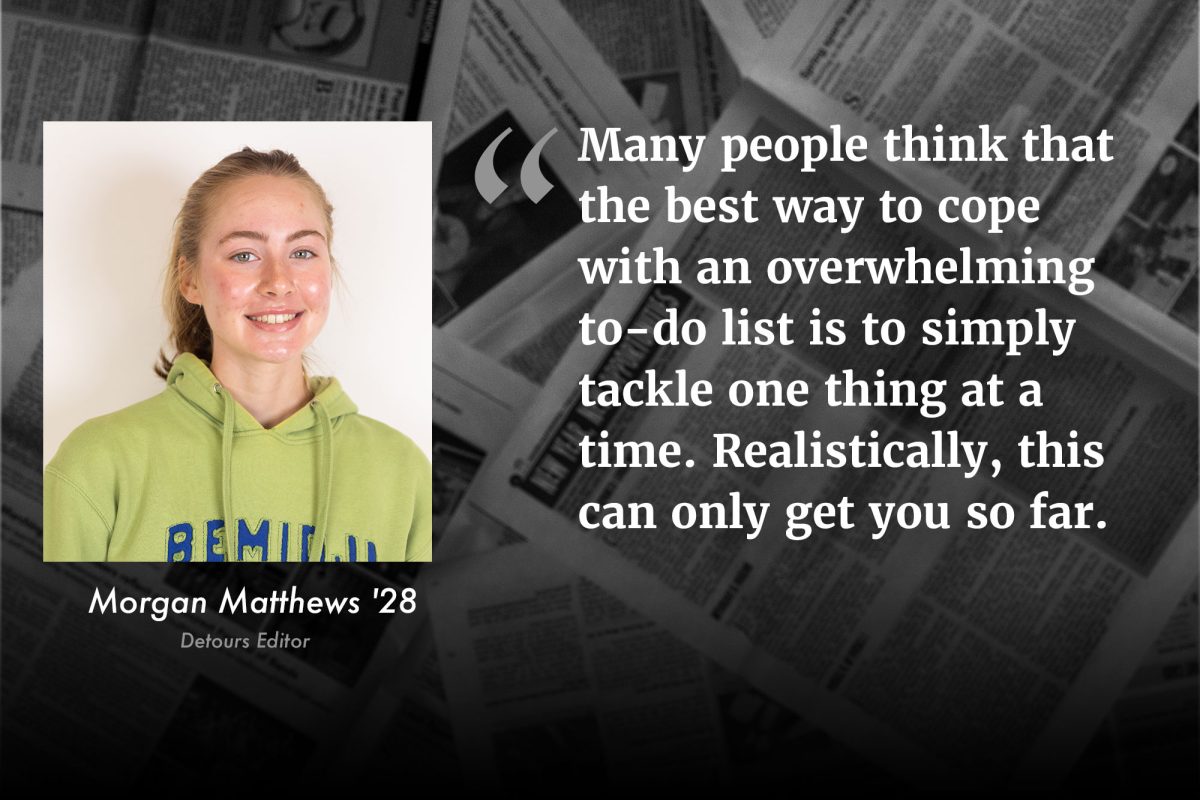
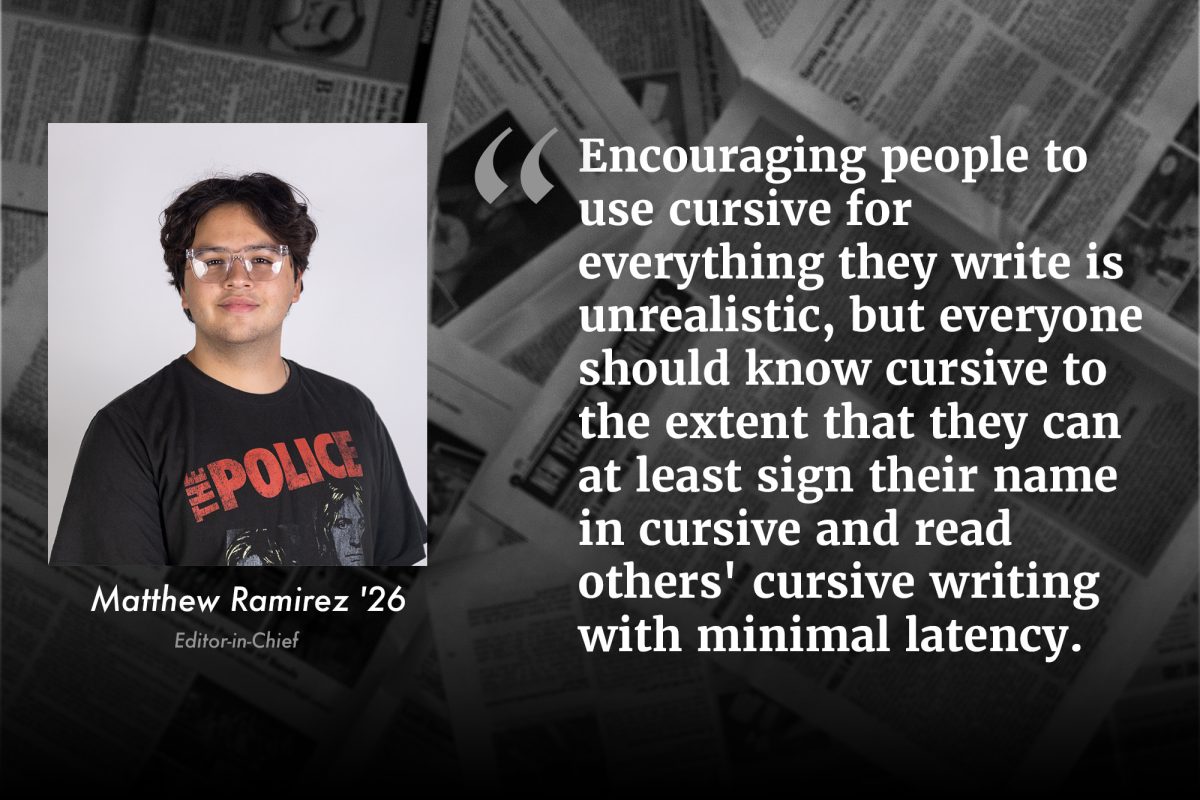
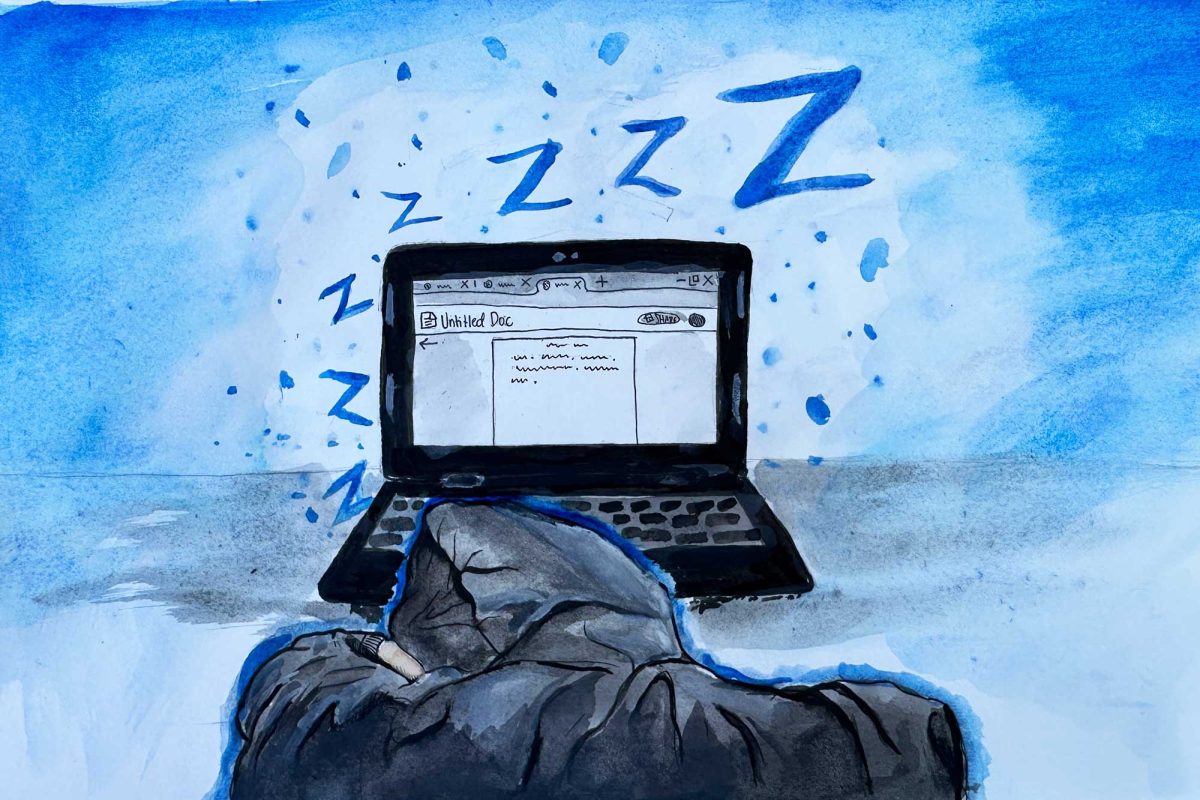
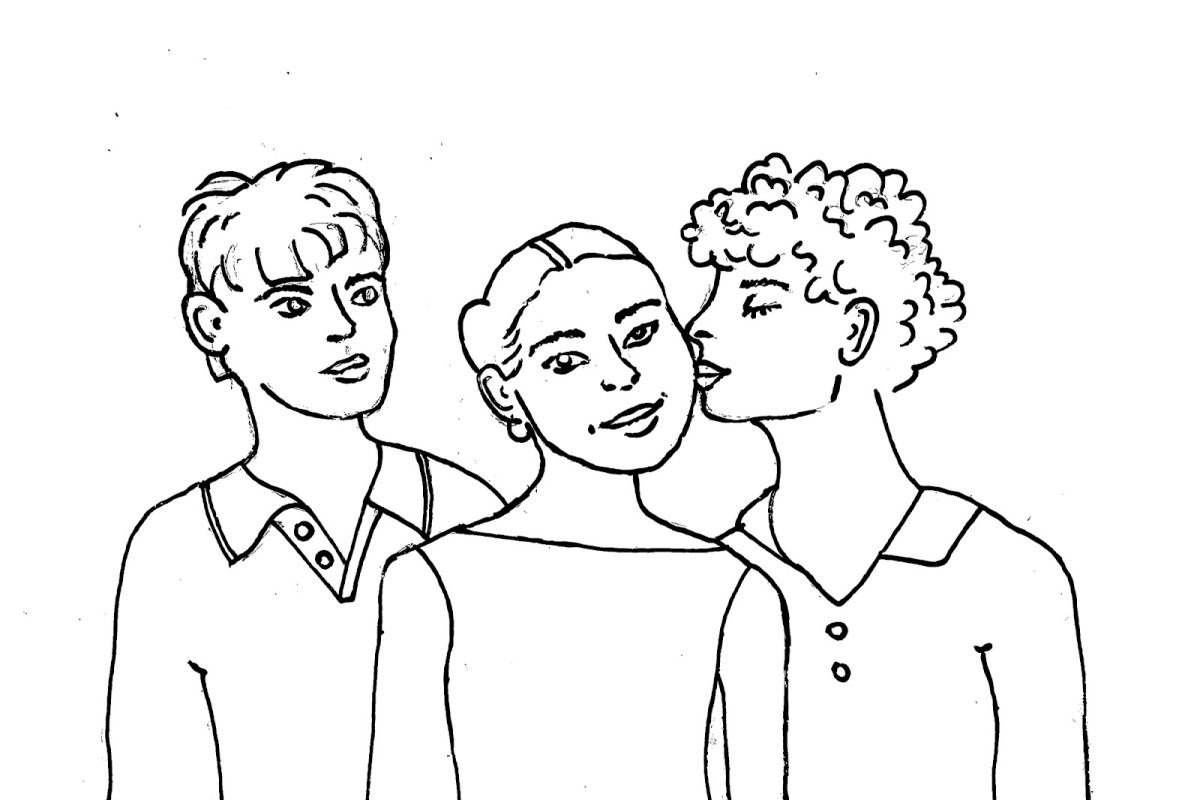
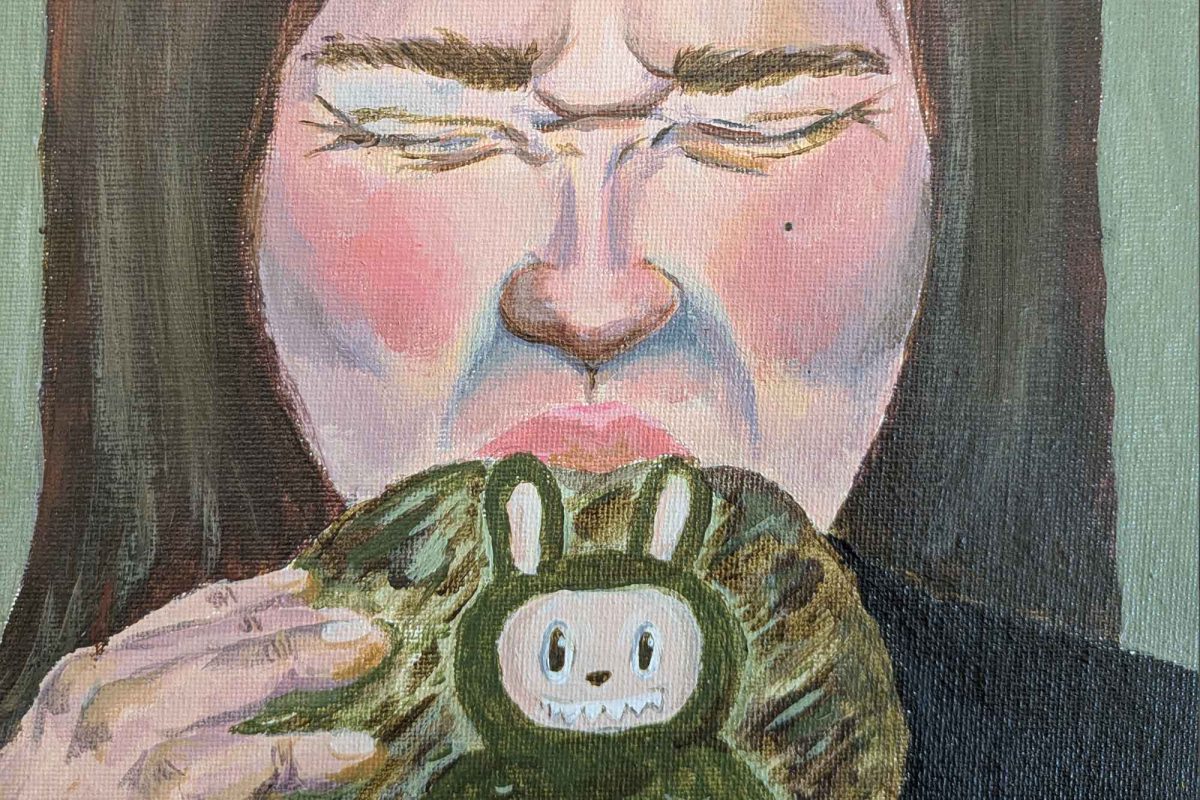
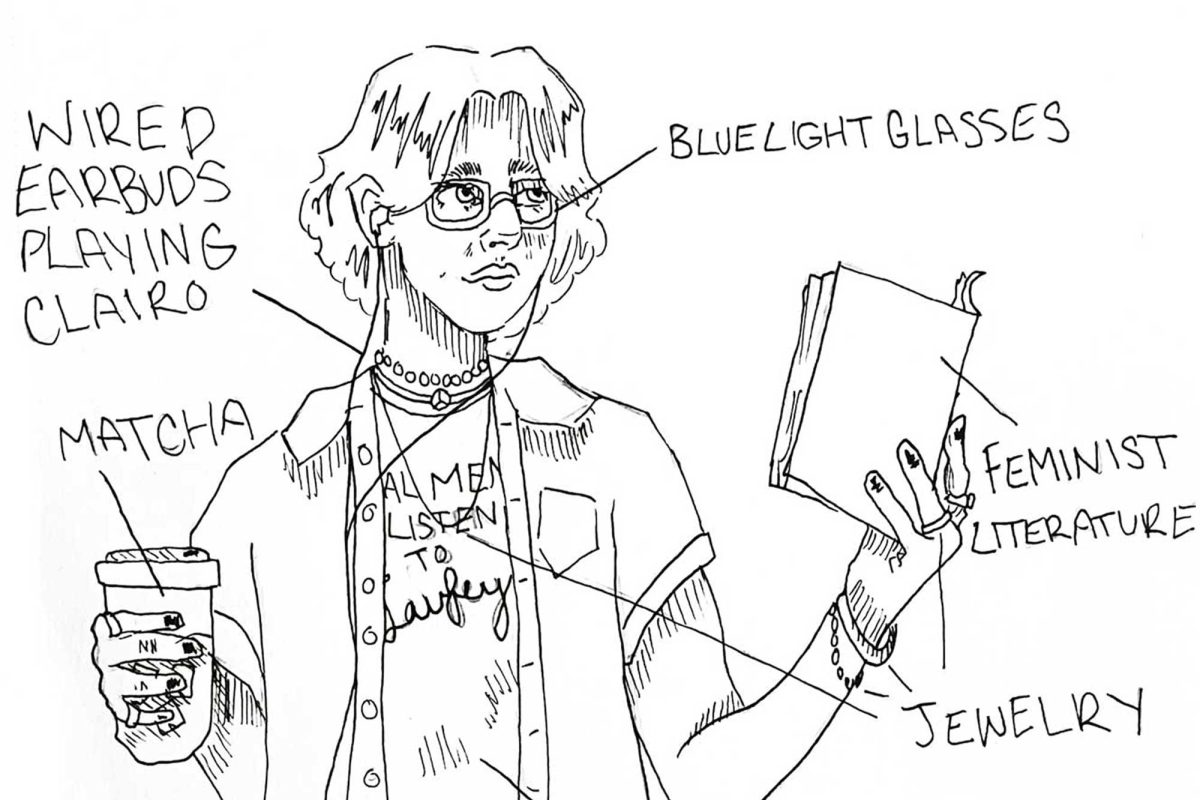
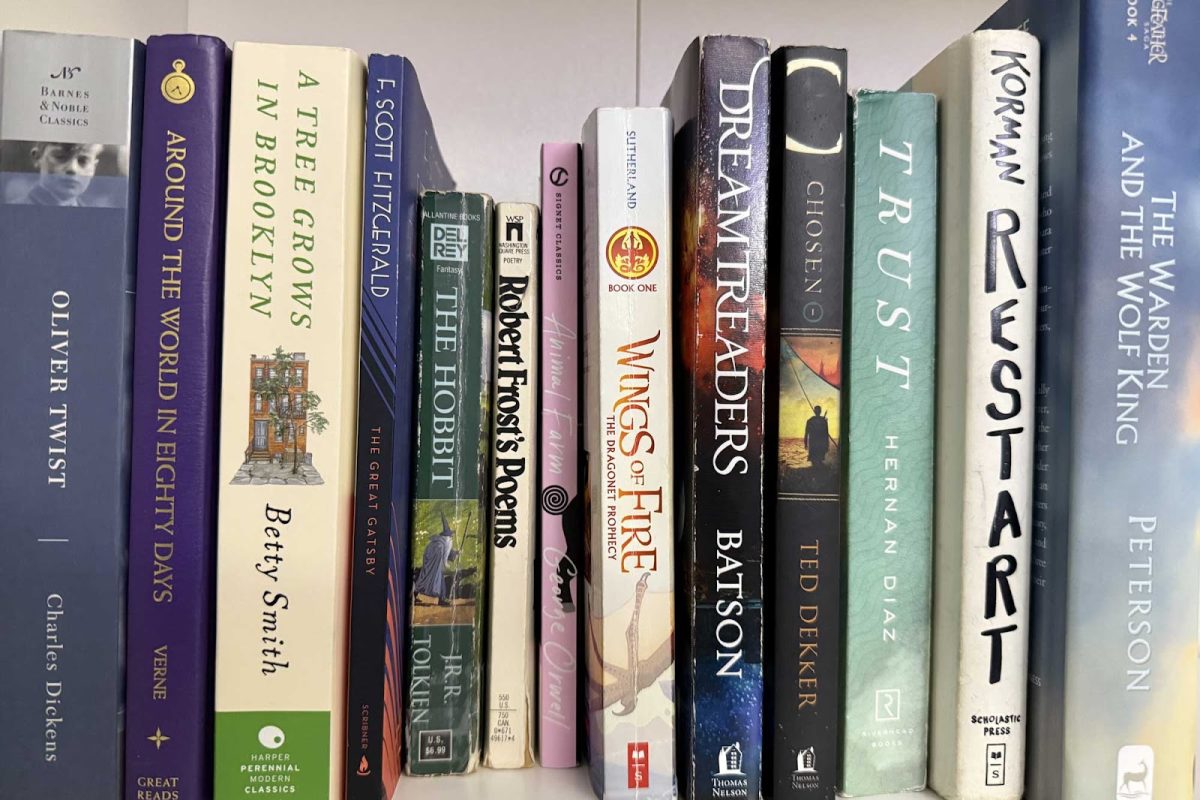
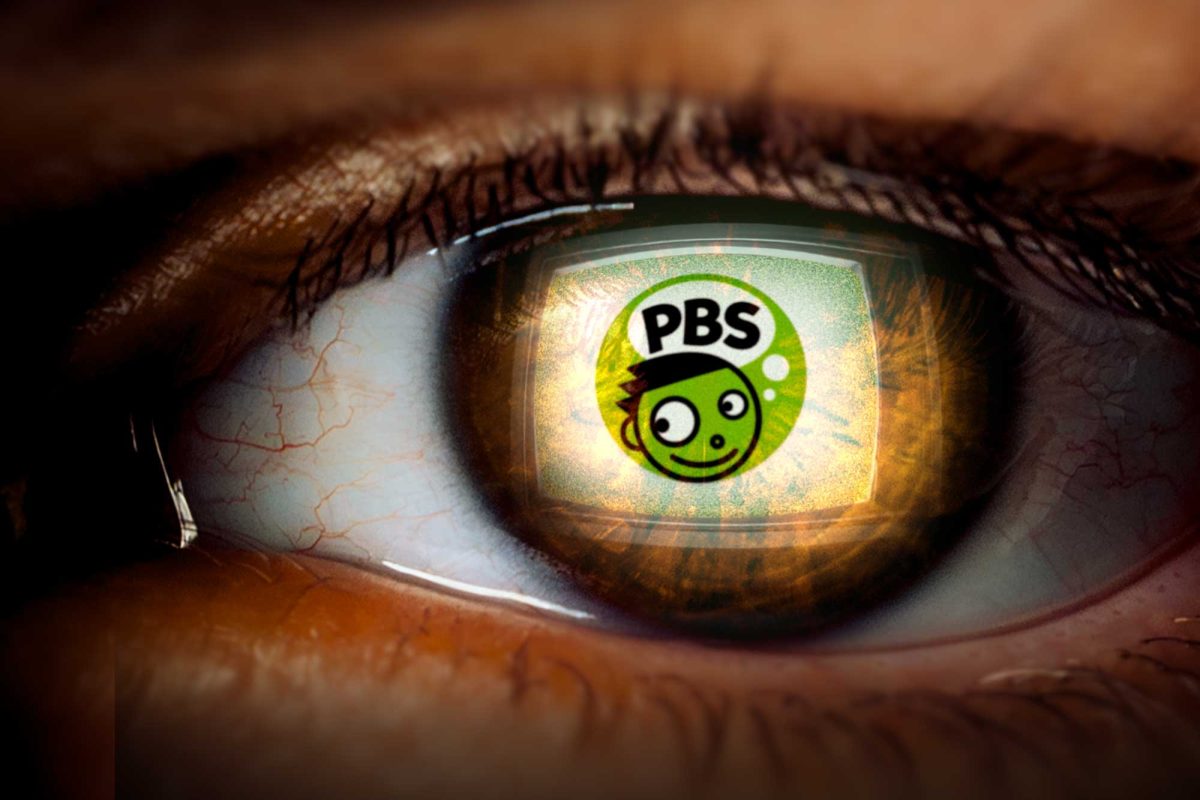
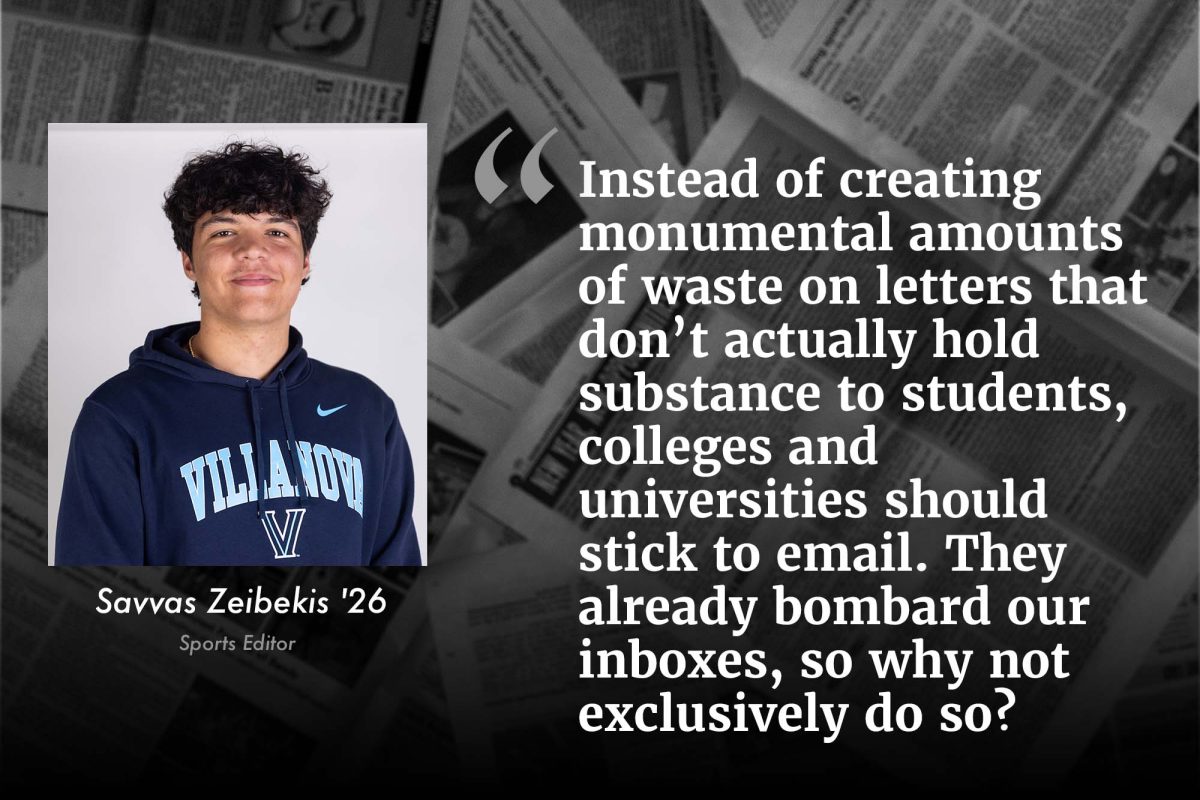
Mike Zdilla • Mar 31, 2024 at 3:20 pm
As a member of this church, I wish the author had reached out to us to get some information. There’s a lot of misleading and even wrong information. None of this land is park land. This piece constantly and misleadingly refers to the value and loss of “Houston Park” but this is not park land. It is private property the the church has had to spend thousands upon thousands of dollars to maintain. That’s money that cannot go to the service of God and our community. We were cited last year for failing to properly upkeep the property, and had a huge cost to do maintenance that benefits no one except the neighboring homeowners who, understandably, enjoy the free view. As a relatively small church, we simply do not have the funds to maintain parkland, which is the purview of the township, not our church.
On that front, it would have also been useful for the author to talk to us so that he would have known that we DID reach out to the township to pursue the possibility of making into park land, but the township did not have the resources to make any offer at all. I think that would have been our preference too, but it was not possible.
While it’s certainly nice to own property next to woods, and I can understand how the current land owners feel, they simply cannot expect someone else to pay thousands of dollars year after year to maintain a nice view for them. Our church runs before and after school school programs that are a core part of the community. We are trying to put our precious resources towards existing food ministries in Upper Darby and new ones in Chester, along with countless other things in the service of people. We do not believe it is part of our calling to own and hoard property, and feel it’s not a good use of our precious donations.